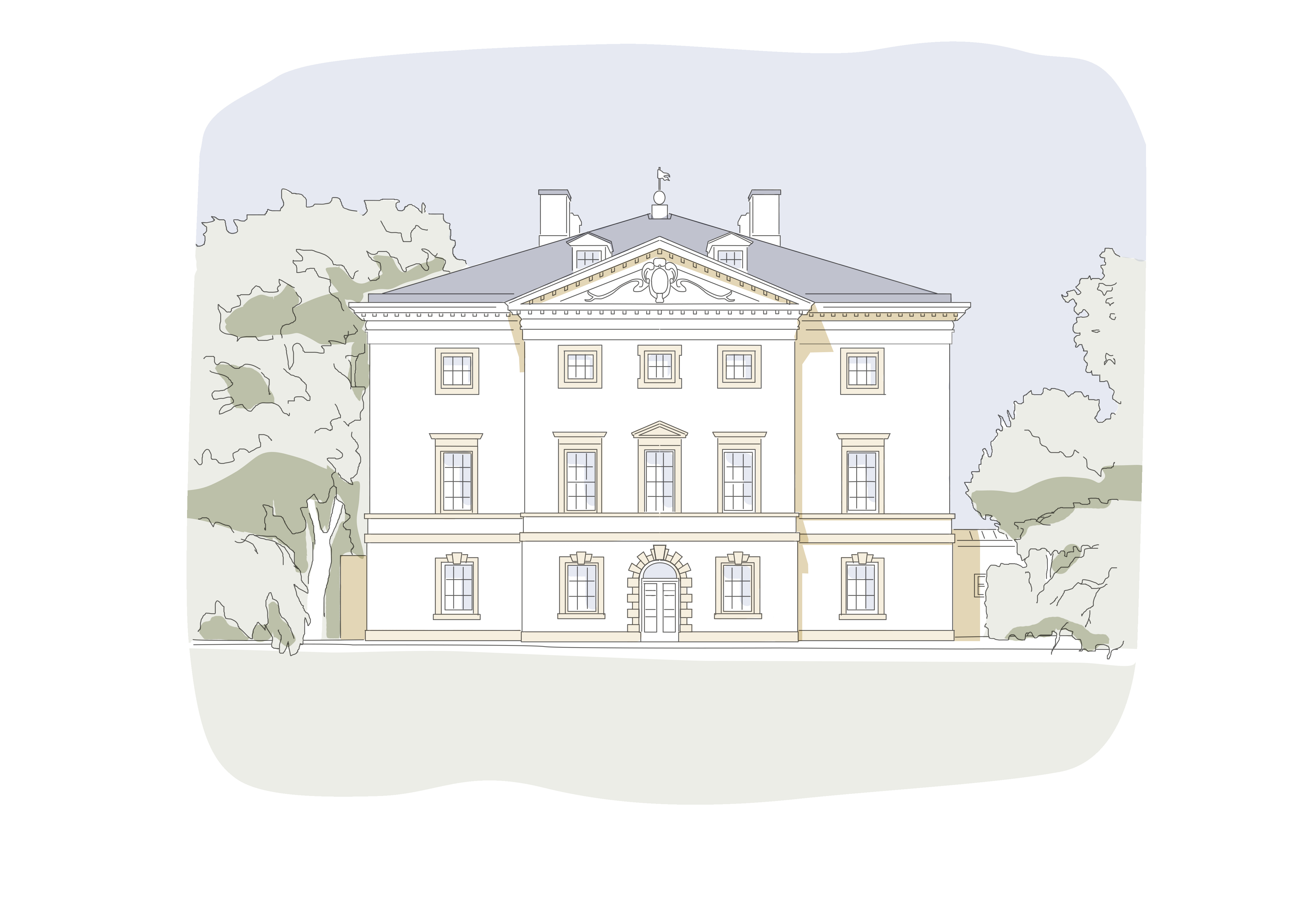Case Studies & Articles
Location: London, UK
Value: £3,375,000
23rd March 2022
Chelsea Property Finance for Retired Non-ResidentLocation: London, UK
Value: £1,950,000
A foreign currency mortgage allows borrowers to finance property purchases in a currency other than their local currency. These mortgages are particularly relevant for high-net-worth individuals and international buyers who may have income or assets denominated in a foreign currency.
Historically, foreign currency mortgages were widely used, but their prevalence declined following the 2007 financial crisis due to market volatility and regulatory tightening. Recently, however, they have regained traction. This resurgence is driven by an increase in cross-border property investments, particularly in prime real estate markets such as London, New York, and Monaco. Many lenders now offer these solutions to a select clientele, meeting the unique needs of global property investors.
Multi-currency income and international assets require specialist mortgage solutions. Enness arranges lending in major currencies, securing competitive terms for global investors and expatriates. Contact our team to discuss your financing options.
Foreign currency mortgages usually mean you can benefit from lower interest rates. Over the course of the loan, this will add up significantly, saving you a considerable amount over time.
If you wish, or if it is beneficial to you, the currency in which the mortgage stands can even be changed mid-term. Individuals may sometimes opt to do this if doing so would allow them to benefit from a lower interest rate, as the value of certain currencies fluctuates over the loan term.
Any buyer whose income is in a "foreign" currency (i.e., not in the same domestic currency as the country where they are purchasing real estate) may wish to explore a foreign currency mortgage.
Get in TouchYou can take out foreign currency mortgages on overseas property purchases. In effect, this means that foreign investors can use foreign currency mortgages to buy property in the UK, just as UK residents can use a foreign currency mortgage to purchase property abroad.
This type of financing allows you to take out a property loan in a currency that is practical for you if you buy a property abroad. As with a standard mortgage, you’ll pay the mortgage in monthly instalments. The amount due will be converted into euro at the foreign exchange (FX) rate when the instalment is due.
Foreign currency mortgages are usually used if the currency of the debt is stronger (and continues to be stronger for the period of the loan term) than the local currency of the country you are buying your property in.
Taking out a foreign currency mortgage became more of a challenge after the EU's Mortgage Credit Directive came into effect in 2016. The legislation effectively changed how lenders must monitor and caution foreign currency mortgage holders about significant fluctuations in currency exchange rates. Significant currency fluctuations now necessitate lenders having to offer borrowers the right to convert the mortgage to an alternative currency. For many lenders, this was simply too challenging to provide from an administrational perspective. As a result, many lenders stopped offering foreign currency loans, and they became harder to come by, despite continued demand from foreign property investors.
The Mortgage Credit Directive was predominantly designed to protect borrowers who were ill-equipped to afford significant fluctuations in foreign currency exchange rates associated with a foreign currency mortgage. However, most of the clients Enness works with understand and are used to dealing with foreign currencies and the advantages and drawbacks of borrowing in a foreign currency. As a result, foreign currency mortgages remain an option, especially for high-net-worth individuals and borrowers that can prove they have a stable financial position. If you can show lenders you understand the potential risks of this type of mortgage and can easily absorb possible fluctuations in exchange rates, there are still very competitive deals to be had.
Why Enness For Foreign Currency Mortgages?
A large portion of Enness’ client base are overseas investors. You may be buying in the UK as a foreigner or expat or purchasing overseas real estate anywhere that’s not in your country of residence, be that investment property, a holiday home, or simply adding real estate to your portfolio. Whatever your reason for seeking a foreign currency mortgage, Enness has extensive experience in sourcing and negotiating this relatively niche type of financing, whether or not you are a citizen or resident of the UK.
Given there are fewer creditors on the market than there once were, obtaining a foreign currency mortgage if you are operating alone can be a challenge. Some mainstream lenders advertise this type of finance, but many do not, preferring personal introductions through their network or from parties like Enness.

Regardless of where you are thinking of investing in property, Enness can help you understand your options for foreign currency mortgages. If you would like to discuss a potential scenario, learn more about how foreign currency mortgages work and what they cost, get in touch. A broker will be in touch for an informal chat to answer any questions you have.
Schedule A CallbackTalk to our Finance Experts for options